Cosmology has made extraordinary progress in recent decades. Yet it now faces some fundamental physical problems and mathematical issues. In addition to these scientific challenges, much of modern cosmology relies on philosophical assumptions that are unnoticed, untested or unreliable.
In this far-reaching survey of the philosophical foundations of cosmology, George Ellis highlights the critical issues that underpin physical cosmology before outlining his metaphysical approach to understanding the nature of the cosmos.
2.1 The universe is evolving with time
2.2 There is nothing to compare the universe to
2.3 The vast size of the universe restricts our ability to test it
2.4 We are not at the centre of the universe
2.5 We have a very successful model, but it has multiple issues
Cosmology has made huge strides as a physical science since Einstein proposed the first quantitative cosmological model in 1917 when even the nature of galaxies was unknown.
On the one hand, cosmology has evolved into a mature science with sophisticated mathematical and numerical (computer) models supported by a large array of observations and data analysis. We now understand a great deal about the expansion and evolution of the universe. On the other hand, cosmology necessarily involves pushing the nature of scientific investigation to the limits, where philosophical assumptions rather than experiments and data start to shape theories.
Important philosophical issues in cosmology arise in both a narrower and broader sense. The narrower sense is the domain of Physical Cosmology. The broader sense is about the wider nature of cosmology: its relation to meaning and purpose and its relation to life as understood by societies through the ages. To distinguish this from Physical Cosmology, I’ll call this broader study Cosmologia. I’ll look at them in turn.
Physical cosmology is the study of the nature of the physical universe at the largest scale: what exists? What is it doing? How did it get to be what it is? It is a testable science, supported by many very sophisticated observations. We live in a galaxy (figure 1 left) made of billions of stars, which we see as the Milky Way on a clear night. The universe is made up of billions of galaxies that form massive clusters (figure 1 right) which are themselves structured into vast sheets and walls.
Figure 1: A galaxy (left) and a cluster of galaxies (right).
Cosmologists have an extraordinarily successful model of the geometry and evolution of the visible universe, from its initial Hot Big Bang stage until the present era. But the model has problems. A series of philosophical issues underlie these problems. To understand them fully, one must follow the physics and astronomy in some detail.
A series of philosophical issues underlie these problems. To understand them fully, one must follow the physics and astronomy in some detail.







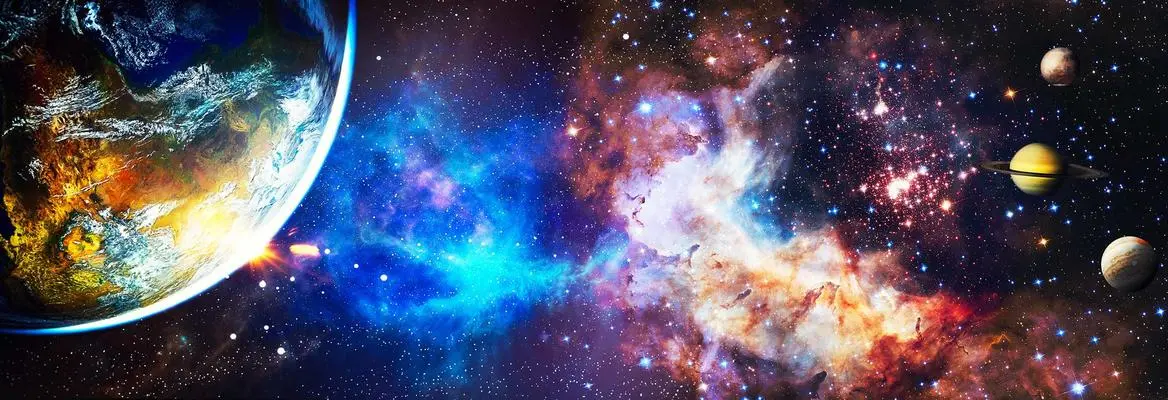


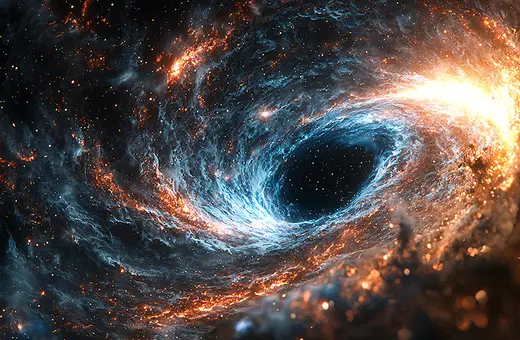
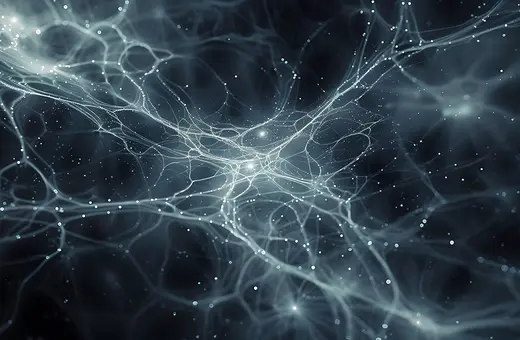

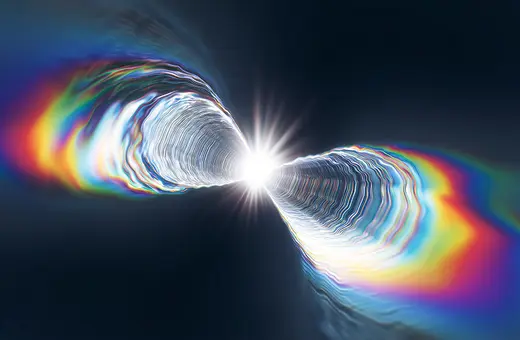
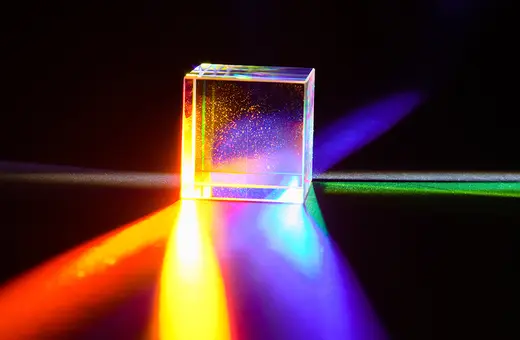
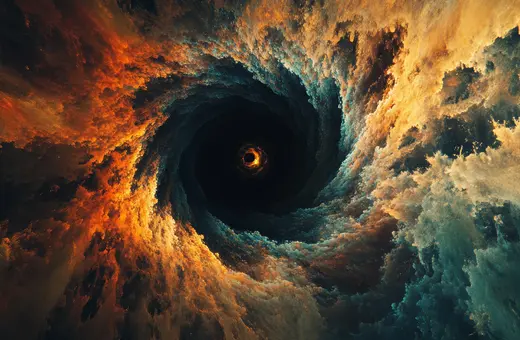





Join the conversation